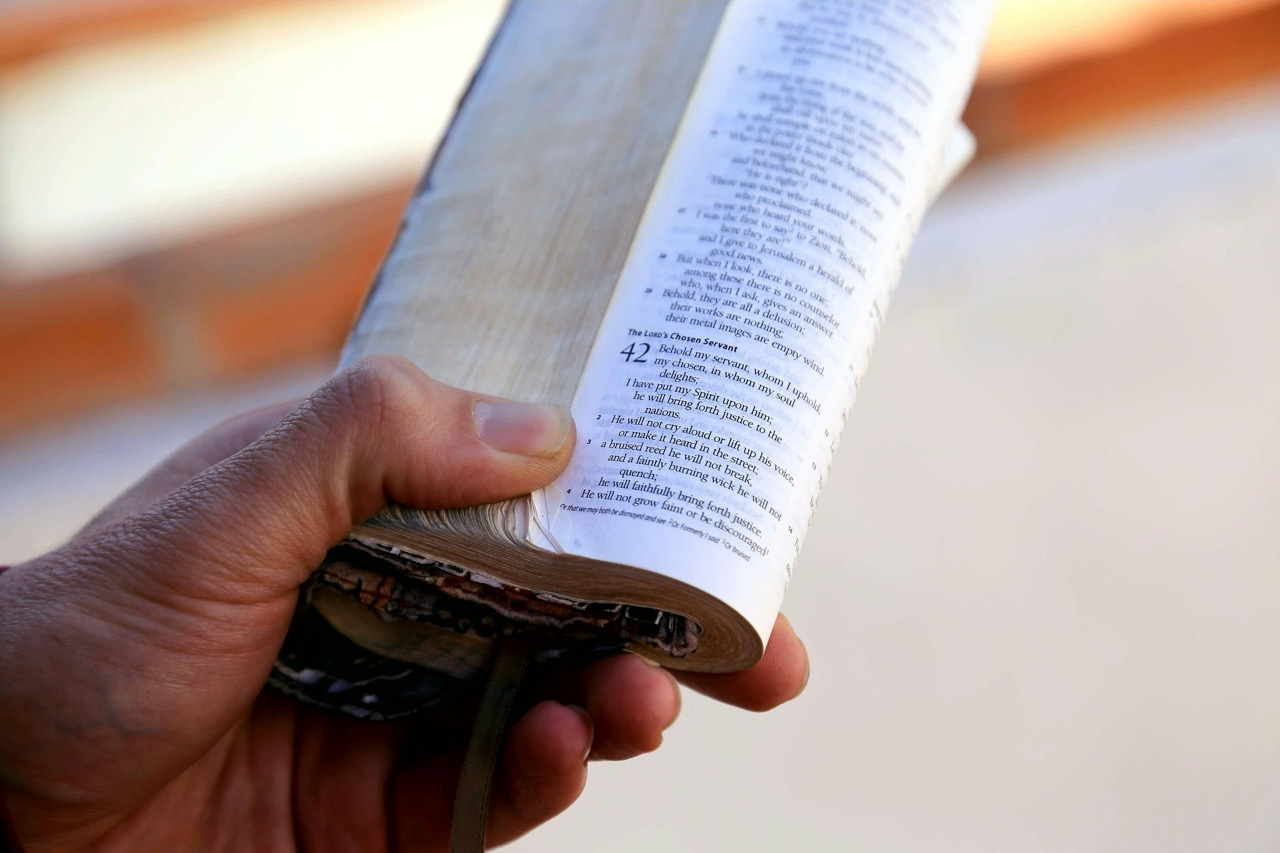The Test of Faith: Abraham and Isaac on Mount Moriah

The story of Abraham and Isaac on Mount Moriah is one of the most poignant narratives in the Bible, encapsulating the complexities of faith, obedience, and divine testing. Found in Genesis 22, this account serves not only as a cornerstone of Abrahamic faith traditions but also raises profound questions about the nature of sacrifice and trust in God. As we explore the significance of Mount Moriah, the journey of Abraham and Isaac, and the theological implications of this dramatic episode, we gain deeper insights into the essence of faith and the dynamics of human-divine relationships.
Understanding the Significance of Mount Moriah in Faith
Mount Moriah is a site of monumental importance in the biblical narrative, often associated with divine encounters and significant events. In Jewish tradition, it is identified with the location of the future Temple in Jerusalem, making it a sacred space for worship and sacrifice. This mountain thus symbolizes the intersection of divine promise and human experience, where faith is tested and reaffirmed. By situating the test of Abraham’s faith in such a crucial geographical and spiritual location, the narrative underscores the gravity of the moment.
Furthermore, Mount Moriah reflects the broader theme of longing for an ultimate covenant with God. It is here that Abraham, the progenitor of the Jewish people, confronts the paradox of his faith, balancing his deep love for Isaac with his unwavering fidelity to God’s command. This geographical setting invites readers to contemplate the multifaceted nature of faith—how it can both inspire and challenge believers in their spiritual journey.
The significance of Mount Moriah extends beyond its physical location; it represents a pivotal moment in the unfolding story of salvation history. The events that transpire there foreshadow later biblical themes of sacrifice and redemption, notably in Christian interpretations that see parallels between Isaac and Jesus Christ. As such, Mount Moriah stands as a profound symbol of faith’s trials and the transformative power of obedience.
The Biblical Narrative: Abraham’s Journey with Isaac
The narrative of Abraham and Isaac begins with a divine command that disrupts the tranquility of their lives. God instructs Abraham to take his beloved son Isaac to Mount Moriah and offer him as a burnt sacrifice. This shocking command not only tests Abraham’s faith but also highlights the depth of his relationship with God. The journey to the mountain is marked by tension and uncertainty, as Abraham grapples with the implications of obedience that entails relinquishing his most cherished possession.
As they ascend the mountain, the dialogue between father and son reveals the innocence of Isaac and the heavy burden of Abraham’s faith. Isaac asks, "Where is the lamb for the burnt offering?" to which Abraham responds, "God himself will provide the lamb." This exchange encapsulates the heart of the narrative: a trust in God’s provision amidst the looming sacrifice. The physical act of climbing the mountain parallels the spiritual ascent Abraham must undertake, confronting the very essence of his belief in God’s promises.
Upon reaching the summit, Abraham prepares to sacrifice Isaac, demonstrating an extraordinary level of faith and submission to God’s will. Just as he raises the knife, an angel of the Lord intervenes, halting the act and providing a ram as a substitute offering. This climactic moment not only resolves the immediate crisis but also reaffirms the covenant between God and Abraham, solidifying his status as the father of many nations. The journey culminates in a profound revelation about divine provision and the nature of faith tested to its limits.
Analyzing Themes of Obedience and Sacrifice in Scripture
The themes of obedience and sacrifice are intricately woven throughout the Abraham and Isaac narrative, reflecting broader biblical principles. Abraham’s willingness to obey God’s command, despite the emotional turmoil it entails, underscores the call to faith that often requires personal sacrifice. This narrative challenges readers to consider the cost of discipleship and the extent to which they are willing to trust in God’s plans, even when they seem incomprehensible.
Sacrifice in this context serves as a multifaceted theme, inviting reflection on what it means to give oneself fully to God. For Abraham, the ultimate sacrifice is not merely about the physical act of offering his son, but also about surrendering his hopes, dreams, and future. This act of faith becomes a model for believers, illustrating that true obedience may demand the relinquishment of what is most dear. The narrative thus raises critical questions about the nature of sacrifice in one’s spiritual life and the ways in which individuals are called to respond to divine challenges.
Moreover, the story foreshadows the ultimate sacrifice of Jesus Christ, who, according to Christian theology, becomes the Lamb of God. This parallel invites a deeper understanding of sacrifice as not just an isolated act but part of a larger redemptive narrative within scripture. The themes of obedience and sacrifice converge in the notion that God desires not merely acts of worship, but heartfelt submission and trust in His sovereign plan.
Theological Implications of Abraham’s Test of Faith
The theological implications of Abraham’s test of faith are profound, inviting exploration into concepts of covenant, divine providence, and the nature of faith itself. This narrative exemplifies the tension between God’s promises and human understanding, highlighting that faith often requires trusting in God’s goodness, even when circumstances seem contradictory. Abraham’s unwavering trust serves as a prototype for believers, illustrating that faith is not the absence of doubt, but rather the resolve to follow God amidst uncertainty.
Additionally, the intervention of the angel and the provision of a ram signify the idea of substitutionary atonement, a theme that reverberates throughout scripture. This moment becomes foundational for understanding how God provides for His people, often in ways that surpass human expectations. The act of sparing Isaac while providing an alternative sacrifice underscores the belief that God sees and knows the needs of His followers, affirming His role as a provider in moments of desperation.
Moreover, the test of Abraham’s faith raises important ethical questions about obedience to divine commands. It invites theological discourse about the nature of divine testing and the implications of a faith that is willing to confront the unthinkable. Ultimately, this narrative is a call to ponder the depth of one’s relationship with God, encouraging believers to embrace faith as a dynamic journey that may lead them to unexpected places, yet always towards a deeper understanding of divine love and sacrifice.
The story of Abraham and Isaac on Mount Moriah remains a powerful testament to the complexities of faith and the nature of divine-human interaction. Through the lens of this narrative, we are challenged to reflect on our own faith journeys, considering what it means to obey, sacrifice, and trust in a God who calls us into deeper relationship. As we engage with the themes presented in this account, we are invited to explore the transformative power of faith that not only tests us but ultimately leads us to a deeper understanding of God’s promises and provisions. The legacy of Abraham’s faith continues to resonate, inspiring countless individuals across generations to embrace the challenges of their own spiritual lives with courage and conviction.




